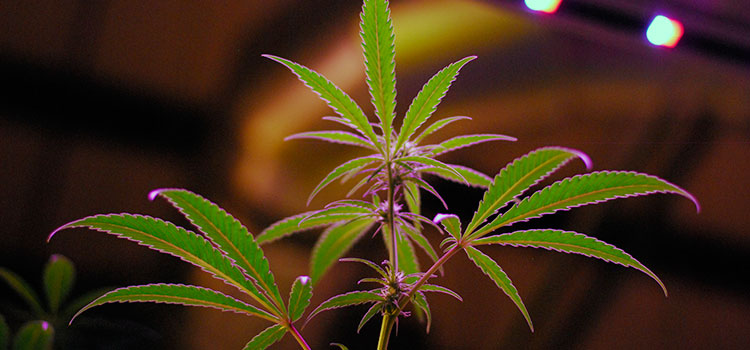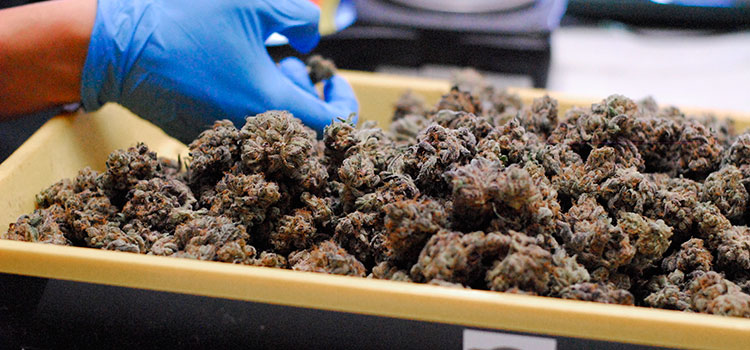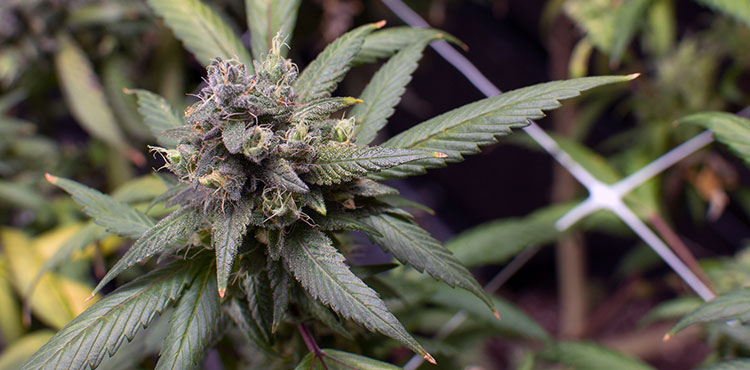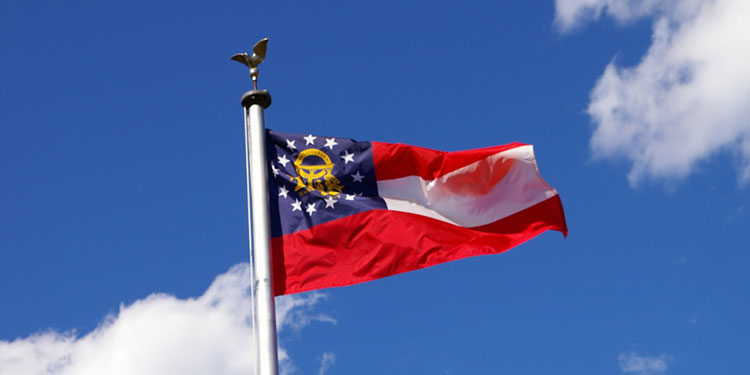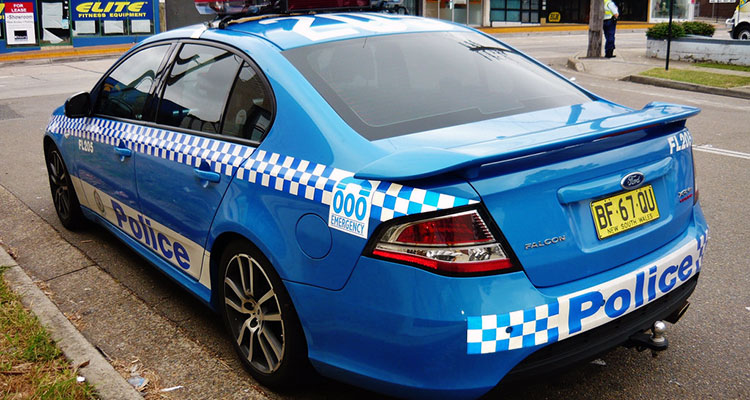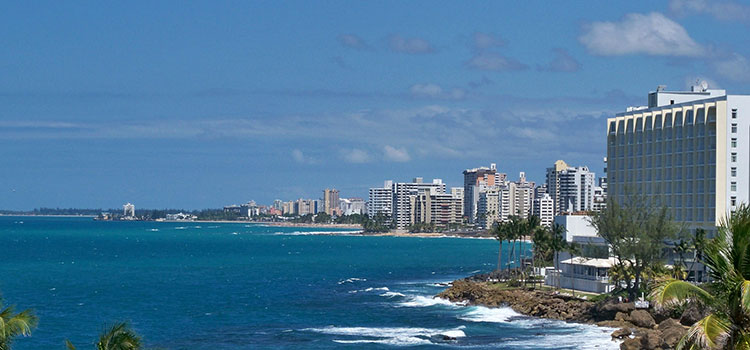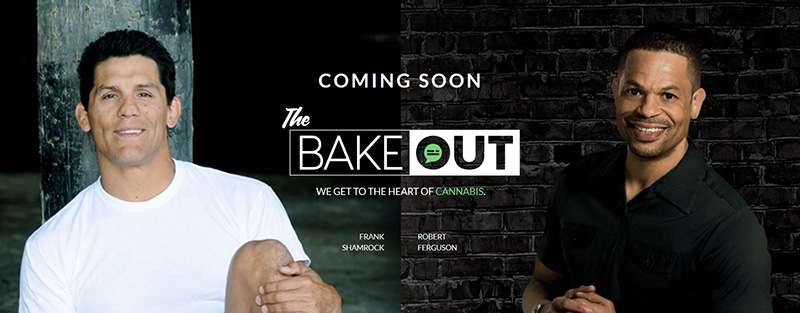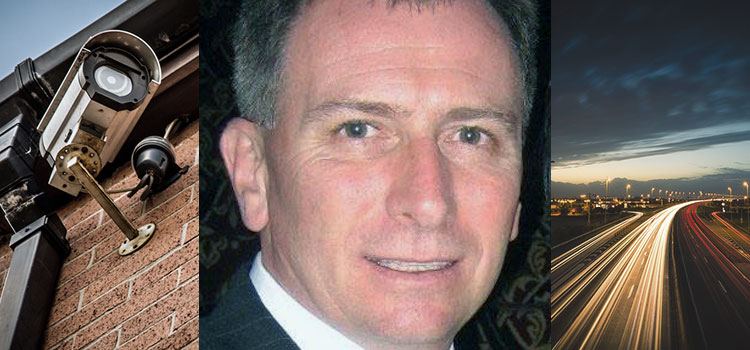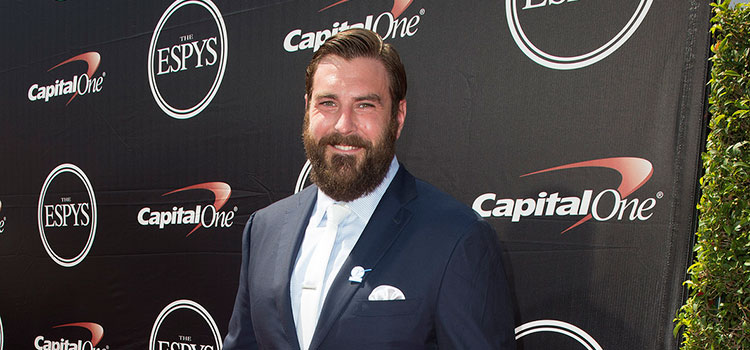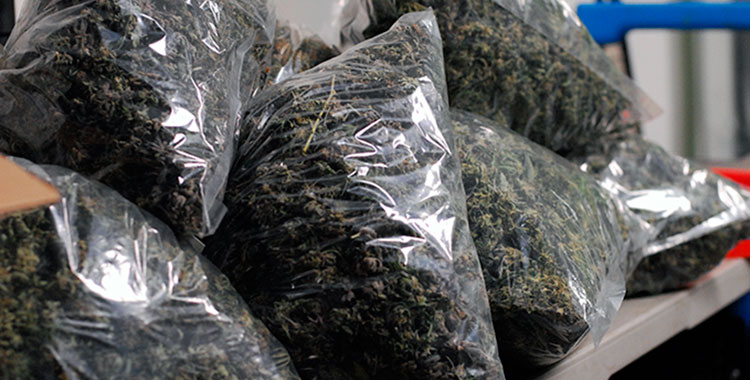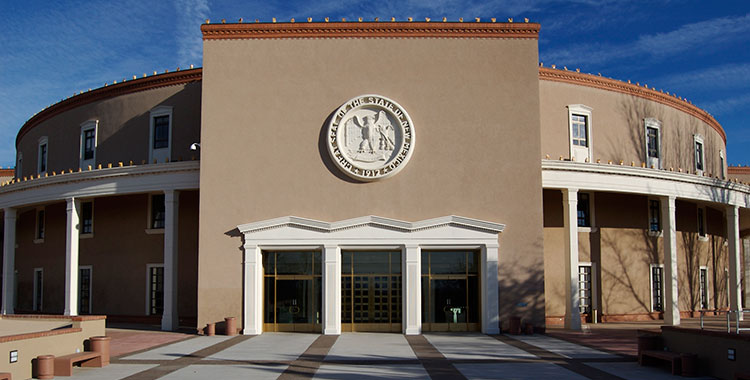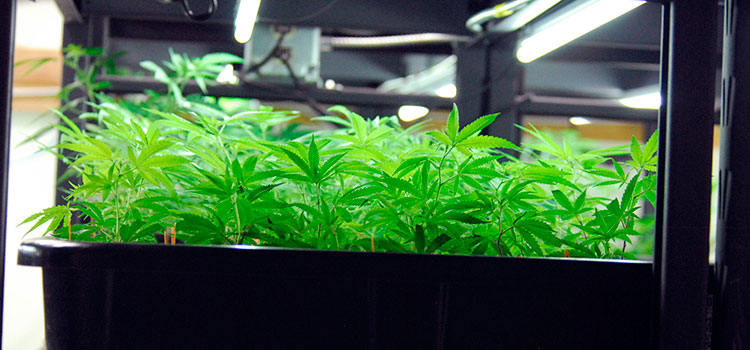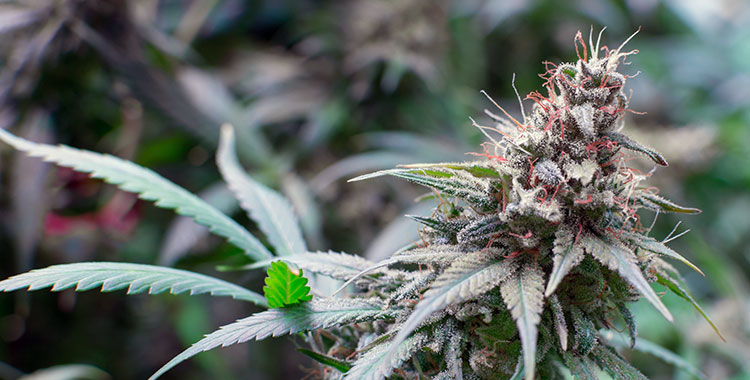Mike Yoell is a managing partner for Core Security Solutions, a San Francisco-based company that offers an extensive suite of security services and consultation to cannabis growers, processors, and retailers.
In cannabis, security companies like Core Security Solutions are much more than just a failsafe for the dispensary or licensed cultivator that hired them. This is because running a secure business is of utmost importance for cannabis entrepreneurs, who often find themselves balancing on the knife’s edge in terms of regulatory compliance and actually managing to turn a profit.
In the following interview, Mike shares his thoughts and experiences on what it’s like being a former law enforcement officer who now protects the people and interests of cannabis companies. We also discuss what entrepreneurs should consider when hiring security, the best and most qualifying attributes for security work in a unique industry like cannabis, and more.
Read the full interview below:
Ganjapreneur: Could you summarize the services offered by Core Security Solutions and describe how you work alongside the cannabis industry?
Mike Yoell: We offer uniformed, armed/unarmed physical security services, armed executive and personal protection using plain clothes, honorably retired law enforcement officers. We provide asset protection for cannabis transportation and delivery using inconspicuous Ford Transit Vans and SUV’s equipped with vaulted drawer systems, GPS monitoring and radio dispatching.
Core Security Solutions, Inc was created in 2012 specifically to provide security services to Blum Oakland, which was the first dispensary permitted by the City. Since then, we provide security for an additional permitted dispensary and asset transportation services for a local cannabis distributor.
We also provide security assessment services to cannabis facilities in need of security and safety plans required for municipal permitting and for those in need of enhanced risk and mitigation plans for their dispensaries, warehousing, distribution and transportation operations. To date, we have provided security assessments for several dispensaries and distributors throughout California, in Nevada and Pennsylvania.
What stands out the most when working security for a cannabis client?
Our security business was created in 2012 specifically for the protection of a permitted medical dispensary, and we conducted the security assessment that earned the dispensary a first place position in the selection process, so the cannabis industry is a part of our DNA. As a retired Oakland Police Commander, I understood the need to hire and train ex-law enforcement personnel that embraced the need for medical cannabis and have a desire to work in an industry that also promotes the legal recreational use of cannabis. It is amazing to see how many experienced law enforcement officers are relieved to see cannabis legalized and law enforcement resources dedicated to the reduction of violent crime. To that end, our hiring practices include a series of interviews, background checks and training’s specific to secure transportation and the security of the cannabis related facilities.
What prompted that decision to establish a security company, which would eventually become a mainstay for the local cannabis industry?
My first cannabis related security assessment was conducted in 2011, during which time I established a working relationship with an Oakland medical dispensary that was in the permitting process with the City. One of my services was to ensure the dispensary established a security staff, either by vetting a local security guard company or creating a ‘proprietary’ security team. As I contacted local guard companies I realized quickly that most would not entertain a conversation about dispensary security, let alone offer their services. There was still a stigma around medical cannabis and security and alarm companies were hesitant to get involved. Hence, Core Security Solutions was established with the primary intent of providing security to the cannabis industry.
Could you share a memorable experience from your work in a cannabis-related setting?
There is not one specific experience that I can recall, but every day spent working with those in the cannabis industry usually includes an ‘aha moment’ when they hear of my extensive law enforcement experience, many years of which involved narcotics enforcement, and their surprise at my commitment to ensuring the safety and security of cannabis facilities. I know the importance medical cannabis has to those suffering from chronic and life threatening issues. My father, a retired SFPD officer, used cannabis to relieve the nauseous side effects of chemo-therapy when he suffered with Hodgkin’s Disease, so I have a personal knowledge of the benefits cannabis provides.
What are some security-related things that you think cannabis companies might be most likely to neglect?
The general mind-set within the cannabis industry needs to change in my opinion. There has been a historical mistrust, and rightfully so, of security and law enforcement due to the societal stigma of cannabis and the enforcement of cannabis providers, even after society embraced its clinical use. This is something I have been trying hard to change within my circle of influence. Cannabis providers will need to protect their facilities, staff, patients and recreational clients and understand that the new laws will be opening up targets for criminals interested in taking advantage of those in the industry. Legalization brings a new set of guidelines, rules and oversight which will require that cannabis providers follow City/State security and safety protocols. In my opinion, the cannabis distribution and transportation sectors may have the greatest security risks to be concerned about, as the transportation of larger amounts of product and proceeds will be an invitation to criminals, who will see this is an easily accessible target.
How many employees are there at Core Security Solutions, and how many on average get involved in each engagement?
Core Security Solutions Inc, has a current staff of sixty (60) employees, based out of our Oakland Ca. offices on Telegraph and 27th Street, many of whom staff our clients dispensaries and provide secure transportation of product. We have an asset protection manager who specifically oversees the security and transportation of cannabis, supervises our transportation staff and oversees the tracking of GPS, communication and reporting.
What personal and professional qualities make a person best suited for a security position within the cannabis industry?
First, the person must not have a bias against the cannabis industry. In hiring guards for our cannabis clients the first thing we ask them is if they have any issues with cannabis providers or users. Secondly, having a friendly and welcoming personality is important, as most of our security officers act as greeters and informsation providers to dispensary patients/clientele. Professionally, having a solid work ethic and passion for assisting people are important in any security position. In the cannabis industry, having a vigilant but low key manner is paramount, because cannabis patients/cleintele may have a justified suspiscion of authority figures, partiularly those in uniform. As a security officer, you are often times the first and last person a patient/client may see, so putting people at ease is key.
Have you encountered any animosity — either from customers or industry insiders — due to your previous career in law enforcement?
None what so ever, in fact, the response has been welcoming! Establishing a high level of trust is paramount and we strive to do this with each potential client. Once a client has the opportunity to interact with my staff and I they know right away that we are pro-cannabis and conduct business with the highest degree of integrity and professionalism. All of the industry people I have come in contact with understand that with increased legalization comes a commitment to providing their staff, patients, customers and neighbors with a safe and secure facility, inside and out. Upcoming state and local regulations will require an enhanced level of security that most dispensaries and distributors are unaccustomed to, either because they have been working under the radar, or they simply did not understand local requirements. We have the experience, training and bandwidth to partner with our cannabis clientele and ensure they meet or exceed permit requirements.
What is usually entailed in a typical day managing security services for cannabis companies?
Most of our clientele use us first to conduct their security assessments for permitting and then engage us to provide physical security, so we develop close relationships immediately. We work diligently with each client to ensure that security protocols are being followed, reviewed and updated as needed. We provide an investigative response to any on-site incident and forward a written report, which is another advantage to our many years of investigative experience, we understand the importance of liability, responsiveness and professional documentation.
Where would you like to see Core Security Solutions in five years?
As the legalization of cannabis opens new doors for entrepreneurs, the regulation of dispensaries, distributors and transporters will be a top priority for the state and local municipallities. People residing and working in the vicinity of cannabis operations will want assurances that these businesses are guarding against any crime and blight issues that could possibly occur. Interestingly, once we established our first security team in Oakland in 20122, providing an around the clock physical presence, crime in the area decreased significantly and residents and business owners in the area came to us to express their gratitude for making the area safer.
With that said, I’d like to see Core Security Solutions grow our security services along with the cannabis industry and continue to protect the facilities, distributors and transporters. In the next five years I’d love for Core to be a cannabis specific security company, that expands along with the industry, hiring and training our staff to be experts in this growing field.
With legalization spreading like wildfire, what advice would you offer to someone who was considering a security career in the cannabis sector?
Get as much additional training as possible, outside of your California BSIS guard permit. Obtain firearm training and become licensed. Take CPR, First-Aid and AED training. Educate yourself on the cannabis industry and stay informed on current events i.e. new legislation, local municipal regulations etc. We saw this need early on and developed our own security training business, Core Training Solutions, to support our employees and offer advanced courses. Many of our employees have taken advantage of the training and enhanced their ability to retain quality positions and promotional advancement. Visit our Core Training website at core-train.com.
Thanks again for sharing your tips and insights with us, Mike — and also a big thank you for your work to keep safe the patients, employees, and companies of the cannabis industry! To learn more about Core Security Solutions, you can visit their website at http://core-ops.com.
